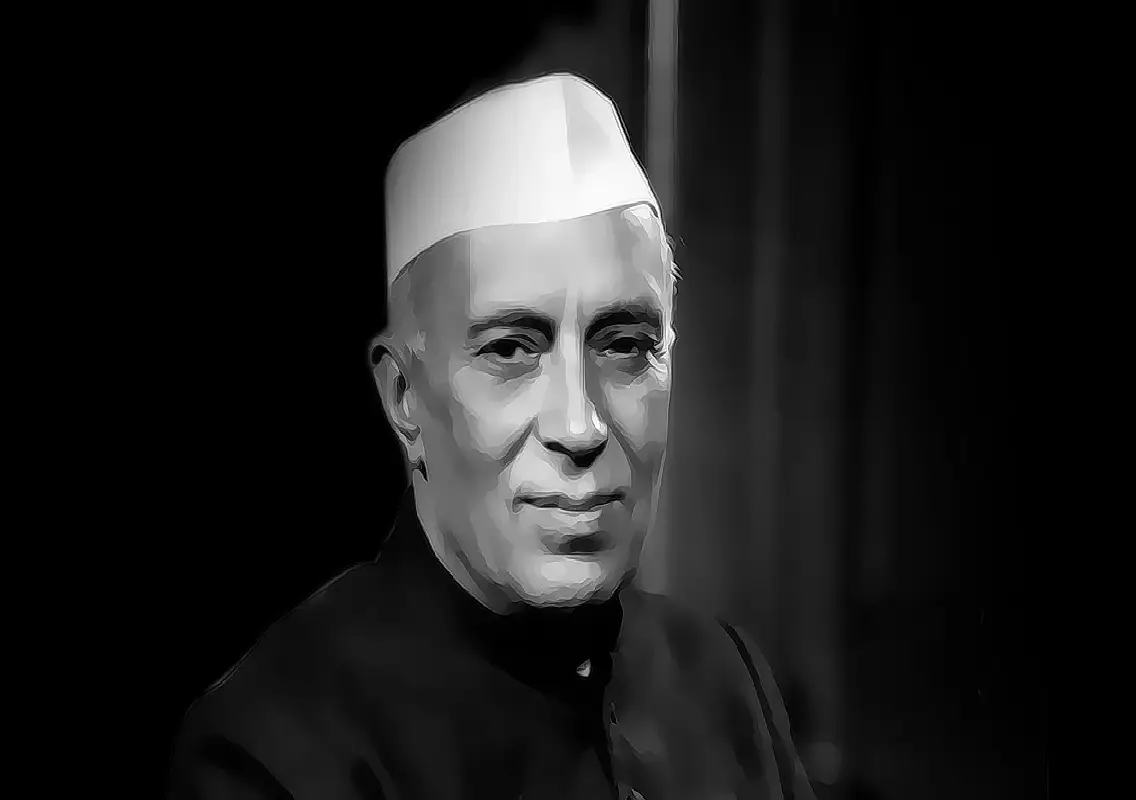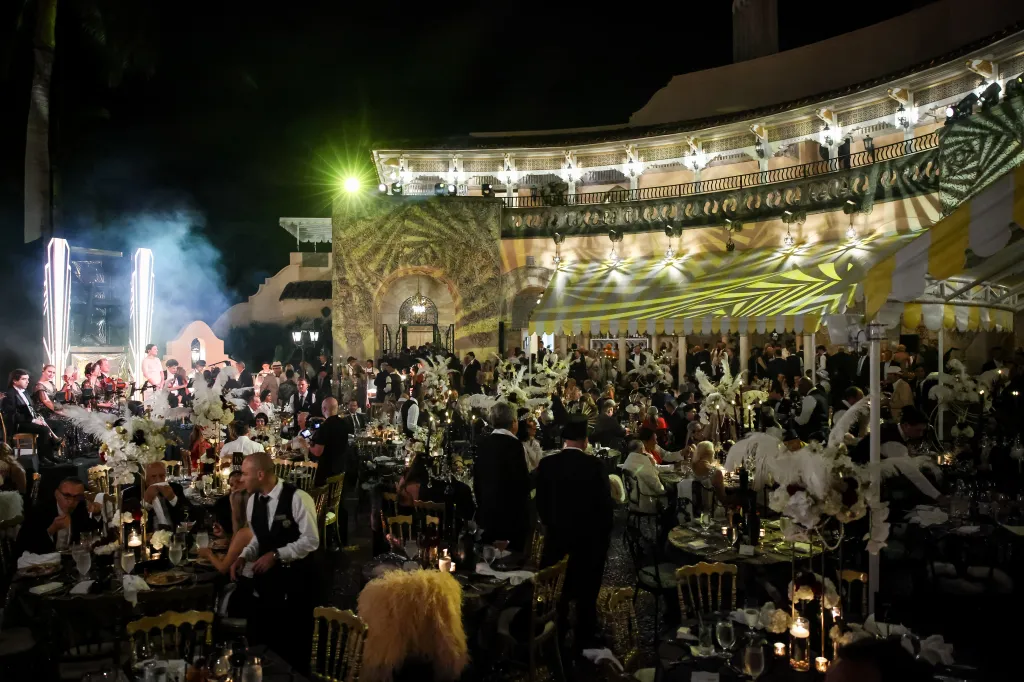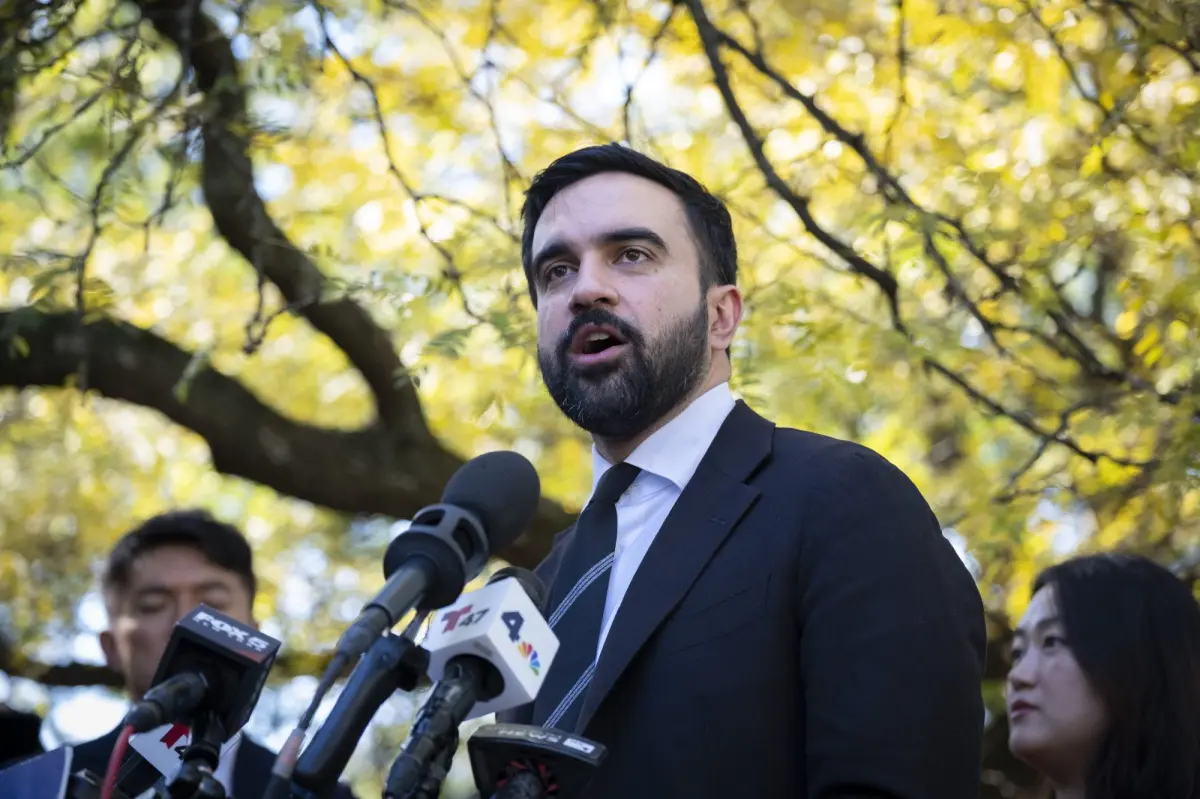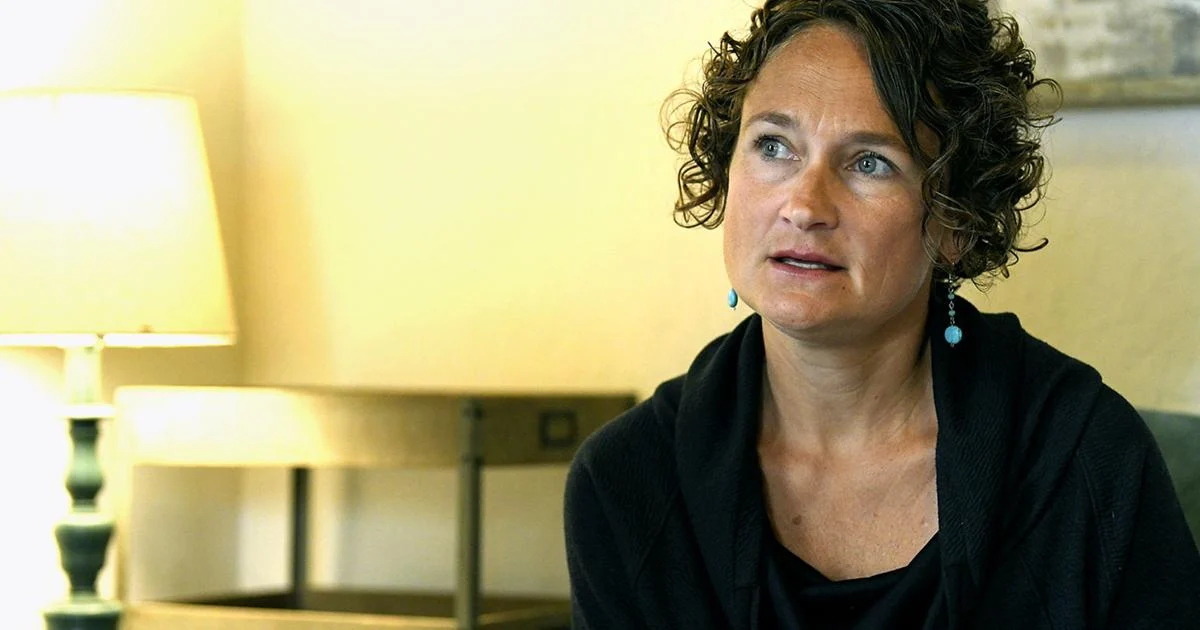Copyright newskarnataka

In a historic political moment, Zohran Mamdani was elected as New York’s first Indian-origin mayor, marking a milestone for the South Asian community in the United States. Addressing an ecstatic crowd in New York on Wednesday, Mamdani began his victory speech with words that carried echoes of history — quoting Jawaharlal Nehru’s famous address on the eve of India’s independence in 1947. “A moment comes but rarely in history when we step out from the old to the new,” he said, as supporters erupted in applause. “When an age ends and the soul of a nation finds utterance. Tonight we step out from the old to the new.” The choice of words — a direct invocation of Nehru’s “Tryst with Destiny” — captured the symbolism of the night: an Indian-origin leader taking charge of one of the world’s most iconic cities. Bollywood meets New York politics As Mamdani concluded his speech, the title track of the 2004 Bollywood blockbuster Dhoom played across the venue, followed by Jay-Z and Alicia Keys’ “Empire State of Mind.” The playlist, carefully curated, reflected Mamdani’s dual identity — rooted in both South Asian and New York cultures. In the months leading up to his victory, Mamdani had often woven Bollywood references into his campaign messaging, using them as tools of connection and humour. On Instagram, he delivered several campaign videos in Hindi, peppered with dialogues and imagery from classic Indian films. The son of acclaimed filmmaker Mira Nair and Ugandan-born Indian scholar Mahmood Mamdani, Zohran’s campaign was deeply personal — one that celebrated cultural heritage while promising progressive change. Echoes of India’s midnight moment Seventy-seven years earlier, Nehru had stood before the Constituent Assembly in Delhi and declared: “Long years ago we made a tryst with destiny… At the stroke of the midnight hour, when the world sleeps, India will awake to life and freedom.” That speech, delivered on 15 August 1947, was both a declaration of independence and a solemn pledge of service. Nehru spoke of India’s journey ahead — one not of ease, but of “incessant striving” to end poverty, ignorance, and inequality. Historians have described it as one of the greatest speeches in modern history. The New York Times noted that Nehru “electrified his countrymen with a speech of soaring eloquence.” Historian Ramachandra Guha called it “rich in emotion and rhetoric,” while Srinath Raghavan said it “captured the moment in the way great speeches can.” By invoking Nehru, Mamdani not only paid homage to India’s first prime minister but also suggested a new dawn for New York, echoing the themes of transformation and responsibility. A symbolic bridge between two democracies The setting in New York added layers of resonance. Much like Nehru’s India in 1947, Mamdani’s city now stands at a crossroads — grappling with inequality, racial divides, and questions of identity. His victory, analysts say, represents a bridge between India’s postcolonial ideals and America’s ongoing democratic renewal. Observers noted that Mamdani’s gesture carried both sentiment and substance — a call for moral leadership in turbulent times. “By quoting Nehru, he wasn’t just reaching back to history,” said a political commentator. “He was reminding New Yorkers that freedom is never complete; it demands continuous effort.” The legacy of words and work ahead For Nehru, independence was the beginning of a long road. “We have hard work ahead,” he had warned in 1947. “There is no resting for any one of us till we redeem our pledge in full.” For Mamdani, that sentiment now rings true in a different context. As he takes office, he inherits the challenges of governing one of the world’s most diverse and dynamic cities — from housing and policing reforms to immigrant welfare and climate adaptation. Seven decades after Nehru’s midnight promise, Mamdani’s victory speech served as both tribute and torchlight — reminding his audience that every new chapter of freedom carries forward an old pledge: to serve, to build, and to dream anew.



